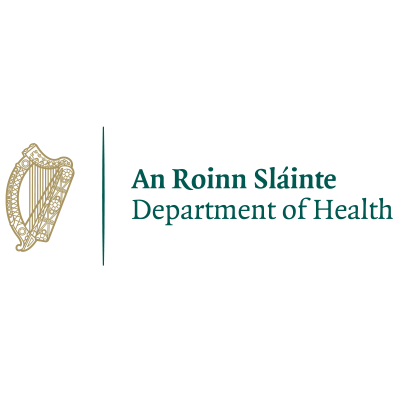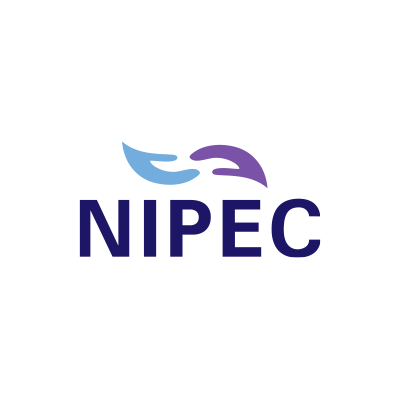I am Owen, Professor of Nursing and Intellectual Disability.
I put people at the centre of everything. My students, collaborators, and people with learning disabilities. I am not afraid to challenge the status quo and will persevere to drive change and improve practice.
I do this to make sure people with learning disabilities get access to healthcare, helping them to lead happy, healthy lives.







